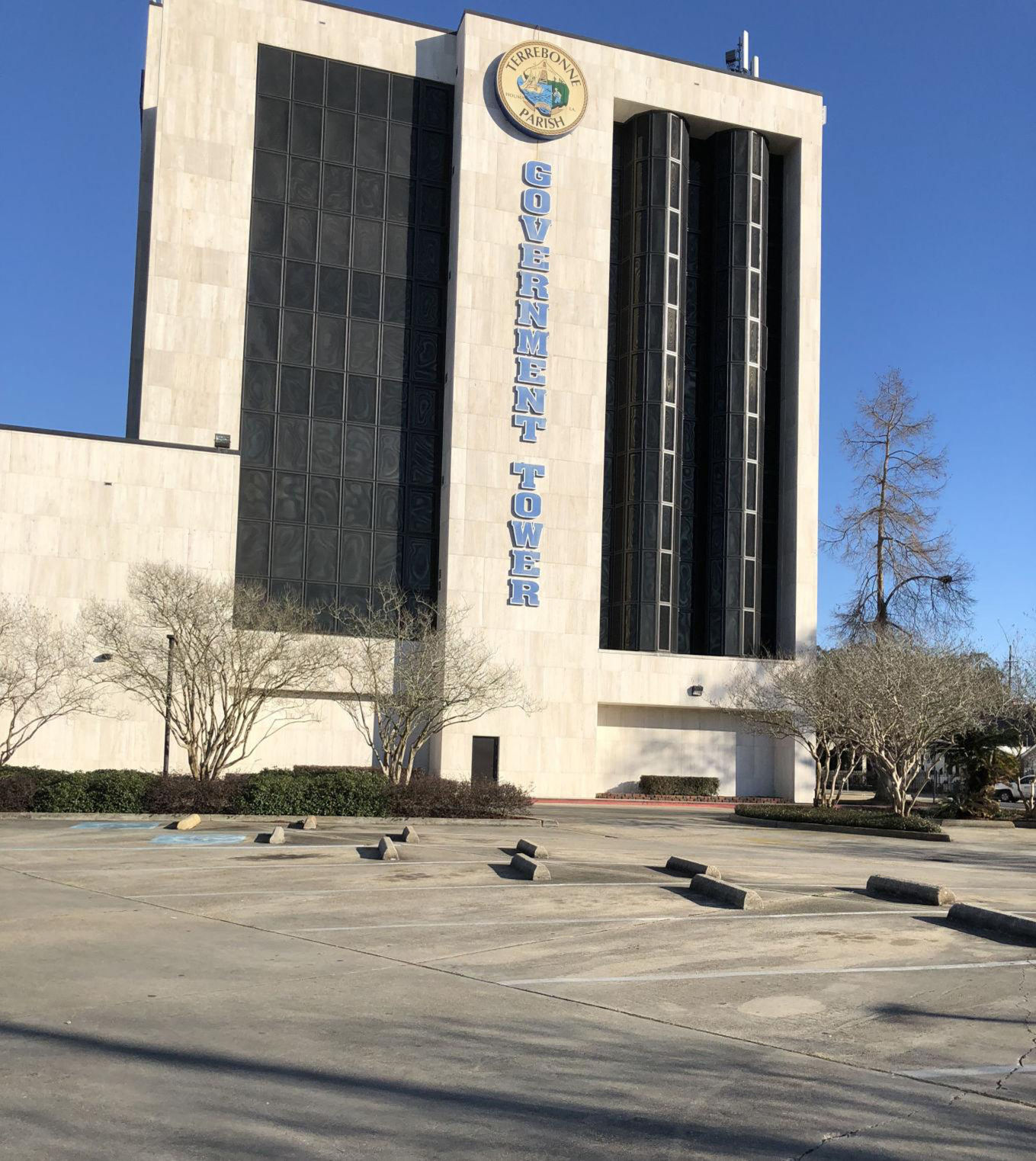Parish government should produce records
June 5, 2019
Americans Still Paying the Price of Cold War With Health Problems
June 5, 2019Bills to Terrebonne Parish from its attorney containing fees charged and hours worked in regard to an investigation of coastal permit violations by oil and gas companies are public records, a district attorney charged with providing an opinion on the matter has stated.
Ricky L. Babin, District Attorney for Louisiana’s 23rd Judicial District, disclosed his opinion in a letter to Terrebonne Parish District Attorney Joe Waitz Jr., in connection with a complaint lodged by The Times when parish officials refused to hand over the bills submitted by Parish Attorney Julius Hebert.
Any information in those bills relating to the possibility of litigation or negotiations – considered exempt under the Louisiana Public Records Act — should not be disclosed and can be redacted, Babin wrote in the May 20 opinion letter.
“However, I do not believe that the disclosure of the dates and amounts of payments paid to Mr. Hebert by the parish falls under the exemptions allowed by law,” the letter from Babin states. “It is further my opinion that the amounts of the payments, who the payments were made to and the dates the payments were made are not exempted by Louisiana state law.”
Babin’s opinion is not binding but could be utilized if The Times – or anyone else – chose to press the issue further.
State law allows parties who believe their rights under the Public Records Act have been violated may make a complaint to the District Attorney in the place where the violation occurred. The Times originally filed a complaint with Waitz, but because the underlying matter involves the district attorney himself, a conflict existed, and so Waitz enlisted Babin to research and formulate and an opinion. The law says a district attorney faced with a conflict may punt the matter to the Louisiana Attorney General or to a district attorney in another jurisdiction.
The root of the original public records request concerns the appointment of Waitz by the Louisiana Department of Natural Resources to investigate potential violations of coastal exploration permit requirements by oil and gas companies within his jurisdiction. The state and almost all coastal parishes are involved with litigation against oil and gas companies aimed at compensation for damage done to the coast over decades of exploration, in cases where permit requirements were violated or where no required permits were applied for at all.
Parish President Gordon Dove has vehemently opposed the idea of suing oil companies and the Parish Council in the past has expressed such opposition as well.
When Waitz accepted the appointment, which some legal experts maintain he was obligated to do, Dove was vocally critical. In public statements, he said that Terrebonne Parish is already researching permits. In a letter to oil company attorneys written on behalf of Dove, Hebert reiterated the parish’s opposition to the idea of litigation. He invited oil company representatives to speak with him or Dove in regard to the matter.
The letter, in a subject notation, referenced a file called “Coastal Use Permits Litigation” and a file number assigned by the law firm, 16243.
If the parish opposed litigation against the oil companies – as stated by Dove – then why was a file opened and a number assigned?
An examination of bills would be the first step toward determining if taxpayers were underwriting a potential lawsuit that both the administration and the council opposed, depending on the amount of money spent. Furthermore, an examination of those invoices would serve to independently verify the claim by Dove that the parish is already doing the work of vetting the permit records.
The public records request that resulted was narrow in scope, seeking only the invoices related to File 16243 from the law firm of Hebert & Marceaux to the Terrebonne Parish Consolidated Government.
The Parish Government denied the request, stating that complying would be a violation of attorney-client privilege. Additionally, in discussions with The Times and written communications, parish officials stated that disclosure of the amount of time attorneys had spent – or not spent – on verifying coastal permits could weaken the parish’s position in terms of negotiations on the matter.
Hebert stated in a letter to The Times that while Dove has opposed litigation against the oil companies, the parish nonetheless reserves its rights to bring actions, or to negotiate.
In his opinion upholding The Times’ position, Babin noted the Louisiana Constitution’s provision that “no person shall be denied the right to examine public documents, except in cases established by law.”
“It is my opinion that the records requested can be disclosed,” Babin’s letter states. “If the records contain any references to past or present negotiations, potential litigation and/or strategies of the parish, that information can be redacted.”
Babin cited a 2015 Louisiana Supreme Court ruling which he stated supports his position.
“In (Shane v. Parish of Jefferson) the Supreme Court ordered that certain emails, previously ruled non-disclosable by the Court of Appeals because they were thought to be covered by exemptions to the public records law, were in fact disclosable,” Babin’s letter states. “The parts of the emails that were covered by exemptions to the public records law were to be redacted out.”








